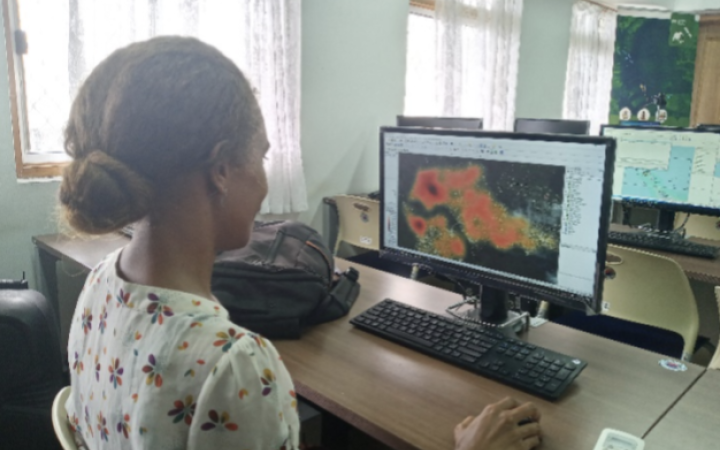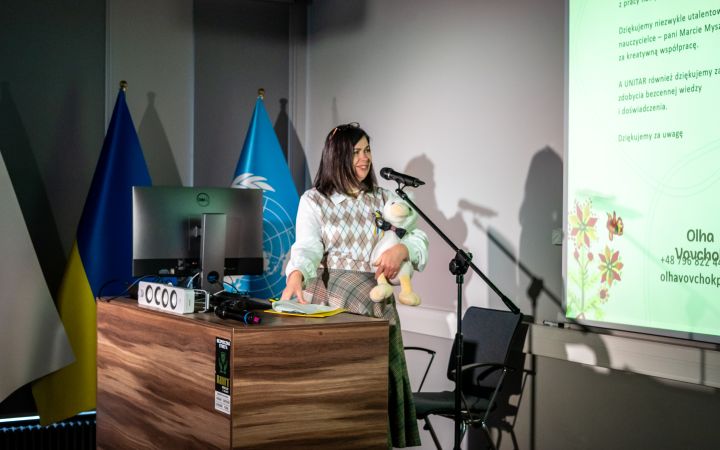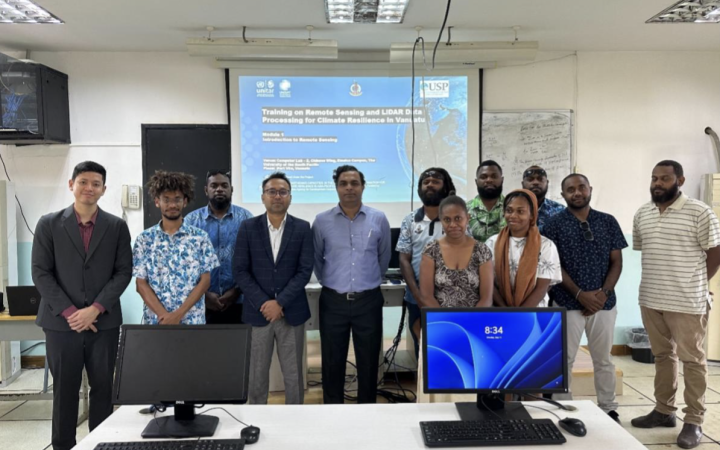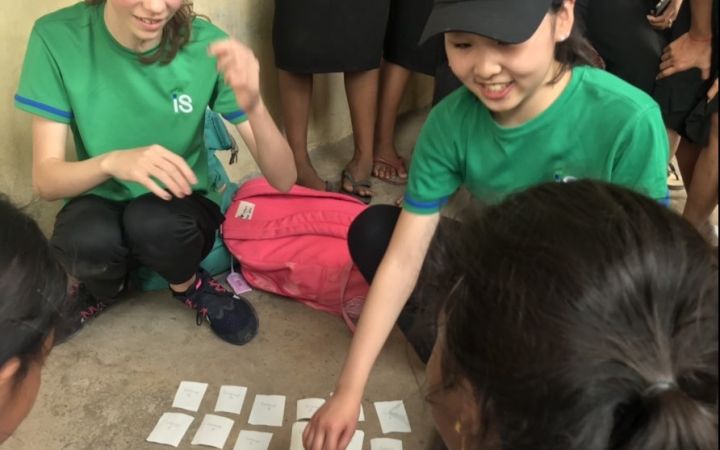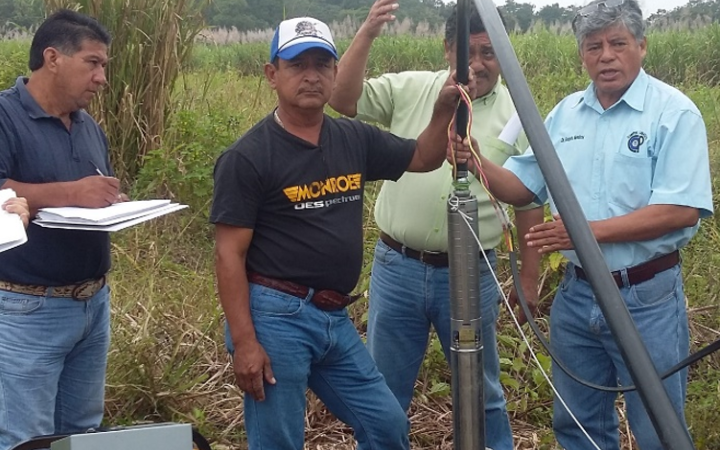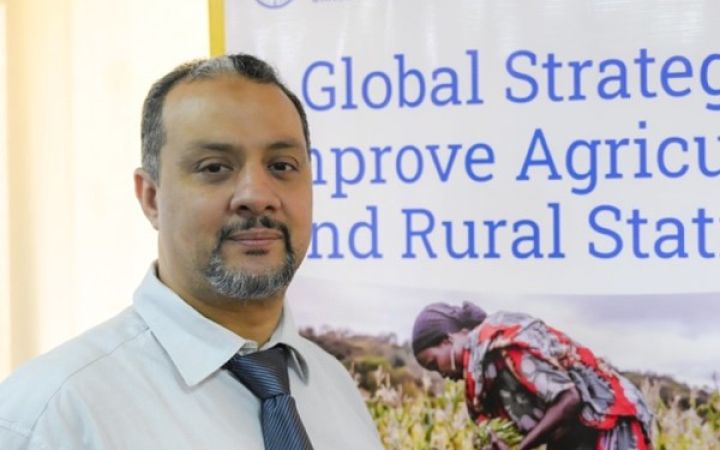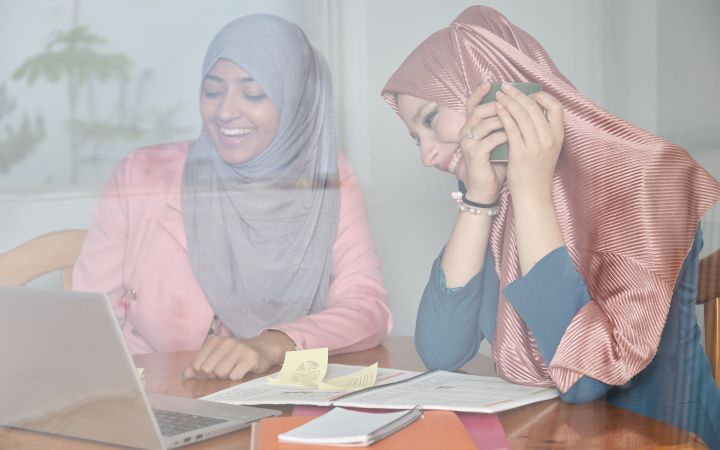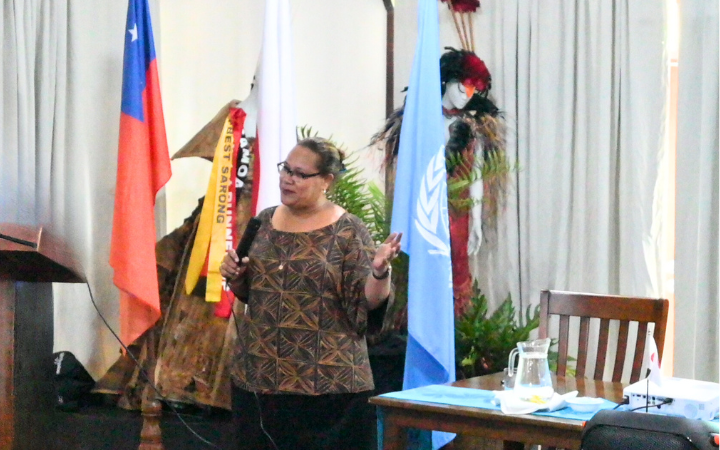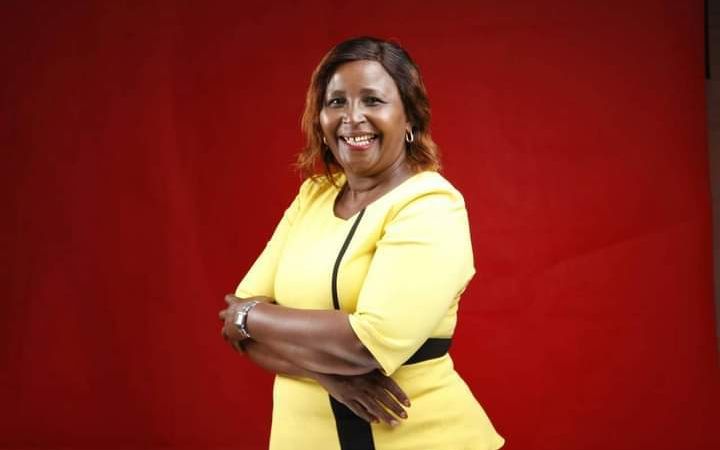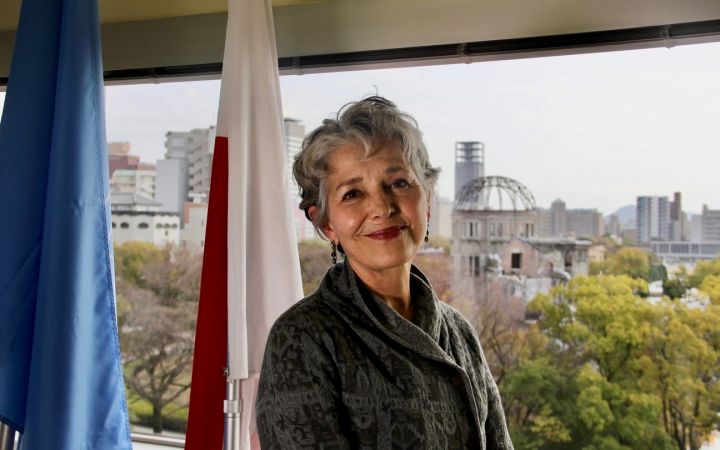Displaying 111 - 120 of 281
Fiona Meke, an Assistant Lecturer in the Department of Fisheries Studies at the Solomon Islands National University, is actively engaged in environmental research and conservation efforts in the Solomon Islands and the Pacific region.
11 April 2024, Hiroshima, Japan – Olha Vovchok, from Cherkasy, Ukraine, is an alumna of the UNITAR training programme “Bolstering Livelihoods: Digital Reskilling for Ukrainian Women Evacuees in Poland”. Olha participated in this programme in hopes of unlocking her potential and helping her community in a foreign country.
Micky Welin's career in disaster risk management (DRM) highlights the intersection of education, proactive initiative, and collaborative efforts in building capacity for disaster preparedness and response. In his capacity as the Planning and Logistics Support Officer at the National Disaster Management Office (NDMO) in Vanuatu, Micky Welin's journey highlights the transformative potential of targeted capacity-building efforts.
27 February 2024, Hiroshima, Japan - Anna Takai is a young changemaker with a heart as expansive as her dreams. The 17-year-old student at MITA International School, Tokyo, is driven by a passion for education and a fervent desire to make a difference.
The linkages between trade, food security and nutrition are complex and a priority in the agricultural trade agenda. In order to enhance policy and decision makers’ understanding of these linkages and its implications for policy design and implementation, the UNITAR Division for Prosperity and FAO developed the e-learning course “Comercio, Seguridad Alimentaria y Nutrición”.
In October 2021, the Food and Agriculture Organization (FAO) and the United Nations Institute for Training and Research (UNITAR) jointly launched its first Arabic edition of the e-Learning course on 'Trade and Food Security'.
28 November 2023, Hiroshima, Japan – UNITAR alumna Karmen Chebib is Head of the Information and Public Relations Unit at the Center for Educational Research and Development, Ministry of Education and Higher Education in Lebanon. Through education, she works to dismantle entrenched gender stereotypes that keep women and girls behind.
24 November 2023, Hiroshima, Japan – Molly Faamanatu Nielsen is Assistant Chief Executive Officer at the Disaster Management Office of the Samoa National Emergency Management Office (NDMO), which is under the Ministry of Natural Resources and Environment. In March 2023, Molly joined as a resource person for the 2023 UNITAR Hiroshima Women’s Leadership in Tsunami-based Disaster Risk Reduction Training Programme for World Tsunami Awareness Day.
26 October 2023, Hiroshima, Japan - Susan Wanjiru is a self-professed “people person” who loves meeting new people. Brimming with ideas, a passion for promoting women’s leadership and empowerment and a drive to be in command of her life, Susan was perfectly matched to become an entrepreneur.
26 October 2023, Hiroshima- Early one summer morning in 2003, Dr. Nassrine Azimi went up to the rooftop of the Hiroshima Chamber of Commerce and Industry building with a colleague and the building security guard. It was opening day for the new UNITAR Hiroshima Office and they were there at dawn to hoist the UN flag.
As they looked over to the neighbouring Peace Park, the guard said, “This is where my mother and my grandmother are sleeping.”
It took Nassrine a moment to understand: he meant they had died in the atomic bombing.
“From then on, this became sacred ground for me. I realized, oh my goodness, the Peace Park is really special. And the Peace Park has continued to be something special for all of us, and indeed for UNITAR’s training programmes. It has instilled a kind of gravity, both caution and hope.”
As they looked over to the neighbouring Peace Park, the guard said, “This is where my mother and my grandmother are sleeping.”
It took Nassrine a moment to understand: he meant they had died in the atomic bombing.
“From then on, this became sacred ground for me. I realized, oh my goodness, the Peace Park is really special. And the Peace Park has continued to be something special for all of us, and indeed for UNITAR’s training programmes. It has instilled a kind of gravity, both caution and hope.”


